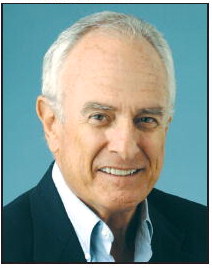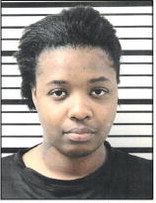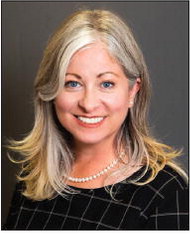Colorful Coaches


There was a time when coaches earned an income which was the same, or thereabout, as teachers. In fact, they often had classroom responsibilities themselves.
Players aspired for a college scholarship for a free education. Coaches were inclined toward altruism, not riches. If you were a high school coach, you always found a summer job to supplement the family budget. College coaches took on home improvement projects for the 90-day period ofvirtualinactivity. Some found part-time work in summer and all were enterprising with regard to gaining access to fruits and vegetables and puttingupforwinter. (From what I hear, this old-time tradition is making a comeback. With the advent of organic food production, storing foodstuffs the old-fashioned way is experiencing a resurgence.) Coaches were often the beneficiary of alumni favors. Friendly supporters, locally and across the state, would share from their garden, their pea patch and their smokehouse. Life was simpler, life was fun without stress and apprehension. For years, I heard all the stories about how good coaches had it at Ole Miss in the Johnny Vaught era. The Rebel staff was a tight-knight family. They didn’t visit other campuses, and they were not given to extending invitations to talk shop in Oxford. They, too, had access to gardens and took full advantage. Further, they hunted doves in the fall of the year, quail in the winter months and played golf in the spring andsummer. Theyrecruited well enough to make national headlines in the sports pages and could always count on a bowlbonusatChristmas. It is doubtful that any coaching staff had it any better than those Ole Miss staffs in the late forties, fifties and sixties.
Having the good fortune to hang around several old coaches when they still had a lot left in the tank, was an enlightening experience. They certainly appeared more compatible than today’s coaches seemtobe. WhenPeahead Walker, the long-time coach at Wake Forest and Frank Howard of Clemson came to town, they often spent time with Bulldog icon, Wallace Butts. Igottohangaround them a few times. Cocking an ear to their colorful banter often made my day. Their ribald humor and graphic commentary brought about laugh-a-minute sessions that remain unforgettable.
All three were classic story tellers and lived colorful lives. Peahead coached at Wake Forest when the campus was mostly a ramshackle Army barracks near the old Raleigh-Durham Airport. Later, the institution was relocated to its modern and upscale campus in Winston-Salem.
Peahead actually recruited Bill George, who hailed from Waynesburg, Pa. and became one of the great NFL middle linebackers, by showing George the classy, modern Duke campus, which was a little more than a dozen miles down the road. When he reported to start pre-season practice, George asked his coach, “Where are all those pretty buildings you showed me on my recruiting visit.” Withawrysmile,Peahead, said, “Oh, them buildings are for upperclassmen.”
It is unlikely that any coach, even Bear Bryant and Nick Saban, had more power and autonomy in their corner of the campus than Gen. Robert Neyland during his time at Tennessee. Don’t generals usually get what they want? Neyland holds the alltime SEC winning percentage record: 82.9.
When Neyland retired from coaching, he remained athletic director at Tennessee and was a popular fixture in athletic circles. As a former coach, he became chairman of the football rules committee. Neyland was a devout opponent of two-platoon football which remained in place after World War II until 1953. TheGeneralbecame chairman of the rules committee in the mid-fifties and remained until his death in 1962.
In the late fifties at a meeting of the rules committee, Illinois coach Ray Eliot participated as President of the American Football Coaches Association. It was a courtesy extended the President who did not have a vote.
The two-day meeting was about to adjourn when Gen. Neyland asked if there was any “new” business, which prompted Eliot to speak up. “General,” Eliot said. “I come here representing the more than 5,000 American football coaches who overwhelmingly support free substitution, and you are not even going to put it on the agenda for discussion?”
The General, said, “Well, let’s see. How many are interested?” Three or four hands were sheepishly raised. With that Neyland grabbed the hand of Davey Nelson of Delaware, rules committee secretary, raised Nelson’s hand with his own and said, “All opposed.” Looking around the room with a smirk, the General then said, “I can see there is not sufficient interest in discussing chicken (expletive) football. This meeting is adjourned.”





